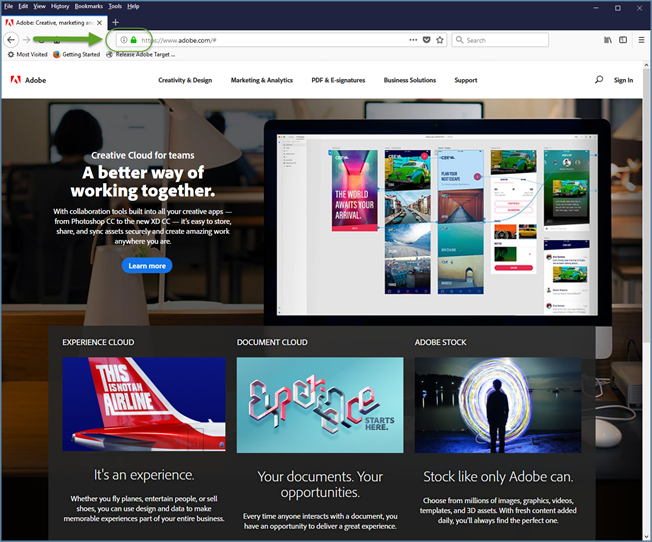

- #YUMMY FTP PRO TLS 1.2 FULL#
- #YUMMY FTP PRO TLS 1.2 SOFTWARE#
- #YUMMY FTP PRO TLS 1.2 CODE#
- #YUMMY FTP PRO TLS 1.2 SERIES#
- #YUMMY FTP PRO TLS 1.2 WINDOWS#
On the other hand, full participation by honeypots in such activities has its associated costs and may lead to legal liabilities. If honeypots were designed to completely ignore these commands, then they can easily be detected by the botmasters.
detect honeypots, botmasters can command compromised machines to perform specific actions such as targeting sensor machines controlled by them.
#YUMMY FTP PRO TLS 1.2 SERIES#
Depending on the complexity of services provided by honeypots, botmasters might be able to detect these traps by performing a series of tests. Such security traps help security professionals to collect valuable information about botmasters' techniques and true identities. Honeypots are traps designed to resemble easy-to-compromise computer systems in order to deceive botmasters.
#YUMMY FTP PRO TLS 1.2 WINDOWS#
Fairly enough is presence of computer system with operating system Windows 95+.
#YUMMY FTP PRO TLS 1.2 SOFTWARE#
Using the system by the customers doesn't require any special hardware and software resources. The test results can be transferred through local network in the respective folder "Test N" in the computer of the tutor who tests the students. The system gives the opportunity of group test in computer rooms with flock of students in different disciplines. The subject tutor checks the students tests with the system and publishes in the department site the test results. The tested student doesn't have the possibility neither to change the content of the database, nor to check and alter the test results. The tested student carries out the test by himself, using the computer system connected with internet and via e-mail returns the result as file. The system is based on the University server and its downloading could be done from the department of Programming and computer system applications - "PIIS". The system can be downloaded through the Internet by the customers, who want to check the level of their knowledge in certain subject.

system use allows the tested studying material and the visual environment both to be introduced in Latin alphabet (English) or in Cyrillic alphabet (Bulgarian). The dialog between the system and the tested student is clear and precludes any difficulties (misunderstandings). The determination of the field's discipline is given by generating of suitable database, containing questions and answers for the curriculum material. The testing system "Archimedes" is designed for assessment of student's knowledge in whatever discipline of university curriculum. The paper discusses an alternative method to using disks on every microprocessor, whereby the multiuser system acts as a file server to the microprocessors, thus requiring no extra cost to enhance the microprocessors to run a local operating system. The operating systems will require a disk, and it may be undesirable or just too expensive to add a disk system to each microprocessor, or it may be that the central multiuser system provides other services such as printer spooling, electronic mailing and file back-up. the microprocessor to perform program development. The program development cycle of edit-compile-load can be fairly lengthy on a heavily loaded central system and it would be more desirable to use a commercially available operating system running on.
#YUMMY FTP PRO TLS 1.2 CODE#
Many microprocessor teaching and development laboratories make use of a multiuser computer system for program development, and the object code is down-line loaded into the microprocessor for testing. We also explore Censys's applications and show how questions asked in recent studies become simple to answer. We present the search engine architecture and experimentally evaluate its performance. Censys returns these results in sub-second time, dramatically reducing the effort of understanding the hosts that comprise the Internet. It can identify specific vulnerable devices and networks and generate statistical reports on broad usage patterns and trends. Designed to help researchers answer security-related questions, Censys supports full-text searches on protocol banners and querying a wide range of derived fields (e.g., ). In this paper, we introduce Censys, a public search engine and data processing facility backed by data collected from ongoing Internet-wide scans. However, this technique still requires significant effort: even simple questions, such as, "What models of embedded devices prefer CBC ciphers?", require developing an application scanner, manually identifying and tagging devices, negotiating with network administrators, and responding to abuse complaints. Fast Internet-wide scanning has opened new avenues for security research, ranging from uncovering widespread vulnerabilities in random number generators to tracking the evolving impact of Heartbleed.


 0 kommentar(er)
0 kommentar(er)
